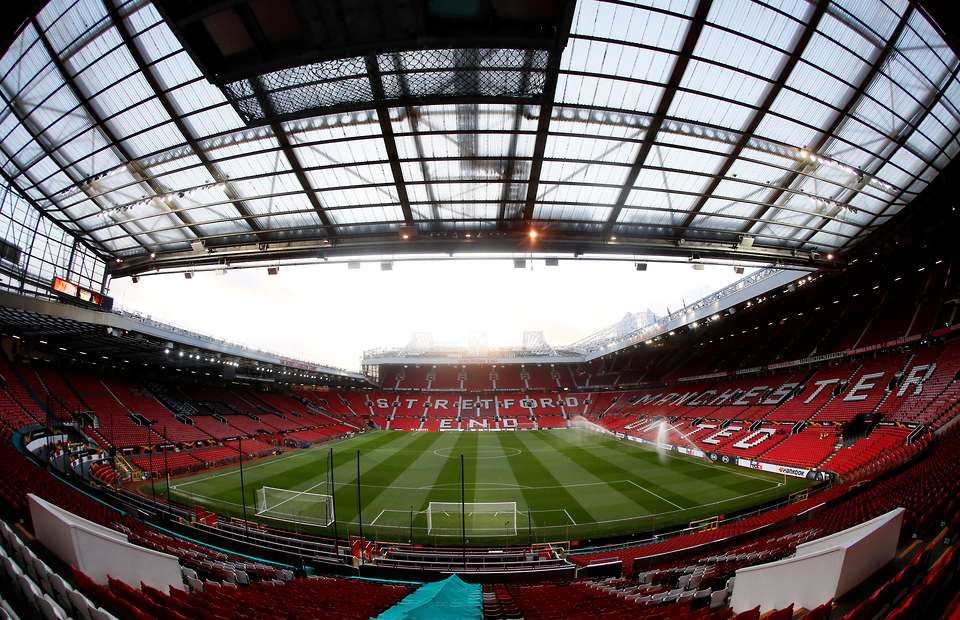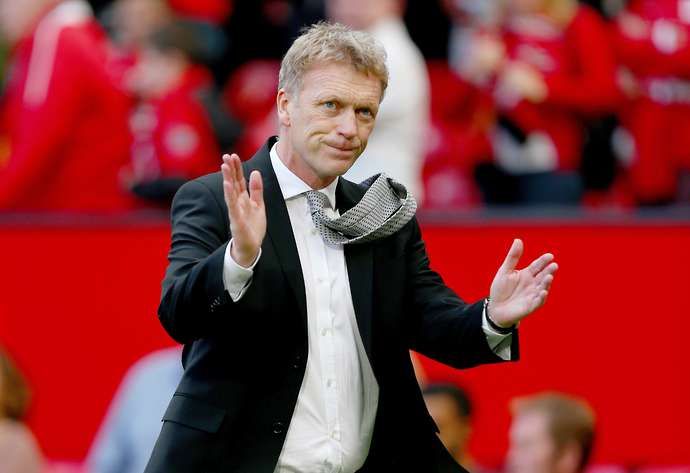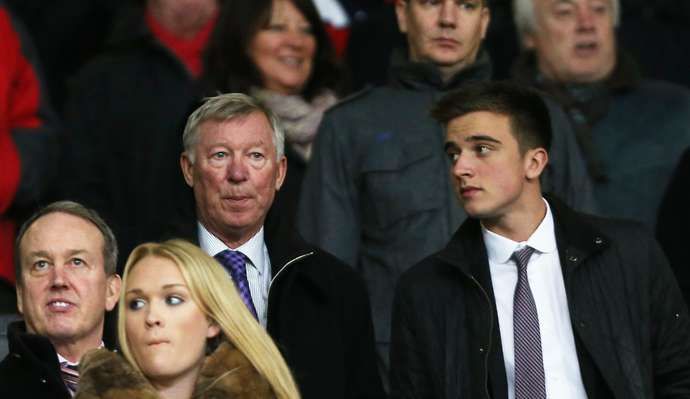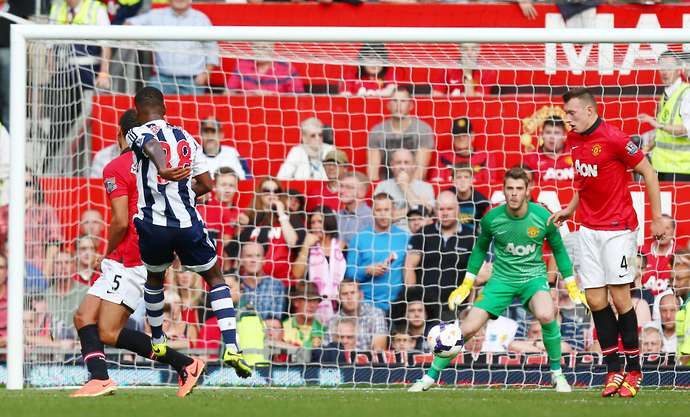For the first two decades of the Premier League, Old Trafford was the most feared ground in the division. Sure, Chelsea were unbeatable at home under Jose Mourinho, Arsenal could play anyone off the park at Highbury and Anfield was home to special European nights, but Old Trafford was a level above.
There was an aura of not just invincibility, but more importantly inevitability - no matter what margin the visitors would be leading by, Old Trafford oozed out the anticipation that Sir Alex Ferguson would find a way of turning it around.
But just six Premier League games on from his retirement, that sense of futility came crashing down, as the historic powers of home advantage David Moyes had inherited from his fellow Scot were ripped apart by Steve Clarke’s West Bromwich Albion.
Morgan Amalfitano jinked his way through an inexperienced Jonny Evans and an ageing Rio Ferdinand to open the afternoon’s scoring, and although Manchester United responded quickly through a Wayne Rooney free kick, substitute Saido Berhainho would grab the winner with a low strike from the edge of the box that squirmed under David De Gea.
At the time, the 2-1 loss seemed like mere hangover, after Manchester United had been outclassed by Manchester City in a 4-1 thrashing the previous weekend. But the consequence was something far greater, and something that to this day United have never really been able to rectify - this was the moment Old Trafford lost its fear factor.
Indeed, despite Moyes’ short time at United being largely remembered as a complete failure from top to bottom, the Red Devils’ away form under him was actually pretty impressive. At the time of his dismissal in late April, United were second only to Liverpool in the Premier League’s away table, behind their northwest rivals by a single point.
The real difference to the previous title-winning season was at Old Trafford and while that can be partly explained by Moyes being by and large a reactive manager rather than one who sets up his teams to take the offensive initiative, their home Premier League campaign started with a scoreless draw against Chelsea and a comfortable 2-0 victory over Crystal Palace.
The shock loss to the Baggies would prove to be the clear turning point; in the following five home games United would only manage a draw with Southampton, a narrow 3-2 victory versus Stoke, an unconvincing 1-0 win over Arsenal and shock 0-1 defeats to Everton and Newcastle. When Moyes was sacked, United were a miserly 11th in the home table and by the time all 19 fixtures were played out, they’d lost seven of them - the same number as relegated Norwich.
Six full seasons have passed since then and three more full-time managers have taken the helm, but United are still struggling with the same fundamental problem. Albeit facing some tough competition in Tottenham, Chelsea and Arsenal, United’s current home form is relegation standard; one point gained from four games, conceding ten goals and scoring just twice. Only Burnley have fared worse, having failed to score or earn a point at Turf Moor.
While the accusative finger initially points to the lack of sophistication of Ole Gunnar Solskjaer’s tactics, something that was particularly evident on Sunday as United failed to break down a well-organised Arsenal side, this has no doubt been a recurring theme throughout the post-Ferguson era.
In fact, for three of the last seven seasons, United have finished lower in the home table than the away table, and in four of the last seven they’ve finished lower in the home table than their actual final position. Overall, throughout this period, United have picked up on average just eight points more per season at Old Trafford than they have on the road. To give some context to how significant that is, during three of the last four seasons, the team winning the title has done so by earning at least ten more points at home than on the road.
The only reprieve came under Louis van Gaal when United finished third and second for home points, but even that came at the cost of the Dutchman’s incredibly laboursome style of football. It was less frightening opponents into inevitable submission at Old Trafford, and more sending them into an eventual slumber.
But in any case, the stark contrast with the seven years prior to Ferguson’s retirement is clear to see. Albeit considerably aided by the fact United won five titles in that period, during every season the Red Devils’ final standing in the home table was identical to their final standing overall. It was the foundation everything was built on - to the extent United still lifted the crown in 2010/11 while ranking a mere fifth for points on the road.
But nowadays, playing at home feels more like a burden for United as players and managers struggle under the weight of expectation. Travelling sides, on the other hand, view it as an opportunity for a scalp - a free hit with a decent enough chance of obtaining a positive result, or at the very least putting in an admirable performance.
Of course there have been more intricate caveats at play throughout this period and bearing in mind how Moyes and Solskjaer set up their sides, one could argue Manchester United are still yet to employ their first post-Ferguson manager with the kind of overtly-offensive philosophy that would make Old Trafford a haunting prospect for any visiting opposition.
But the trend also highlights the power of psychological factors, how underlying, overriding and long-standing they can be, and how they can suddenly turn a fundamental strength into a debasing weakness.
In The Wizard of Oz, Toto pulls back the curtain to expose the seemingly all-powerful wizard for what he truly is - an insecure fraud pretending to be something far greater. And that’s exactly what West Brom did back in September 2013; Amalfitano and Berahino pulled back Old Trafford’s almighty curtain to reveal a squad in decline, uncertain of themselves without Ferguson at the helm and relying on their reputation to win games by creating fear in the opposition.
It’s impossible to count how many times that actually happened at Old Trafford during Ferguson’s many years in charge, but in the present day that luxury no longer exists at Old Trafford, doubly so during a unique period in which United can’t even rely on a galvanized crowd to rouse them to victory.
It took decades for United to build up that fear factor, but only a shock ninety minutes to see it begin to crumble. Bearing in mind what we’ve already seen them this season, who knows how long it will take them to reinstate it, let alone who will be the manager to finally deliver it.























